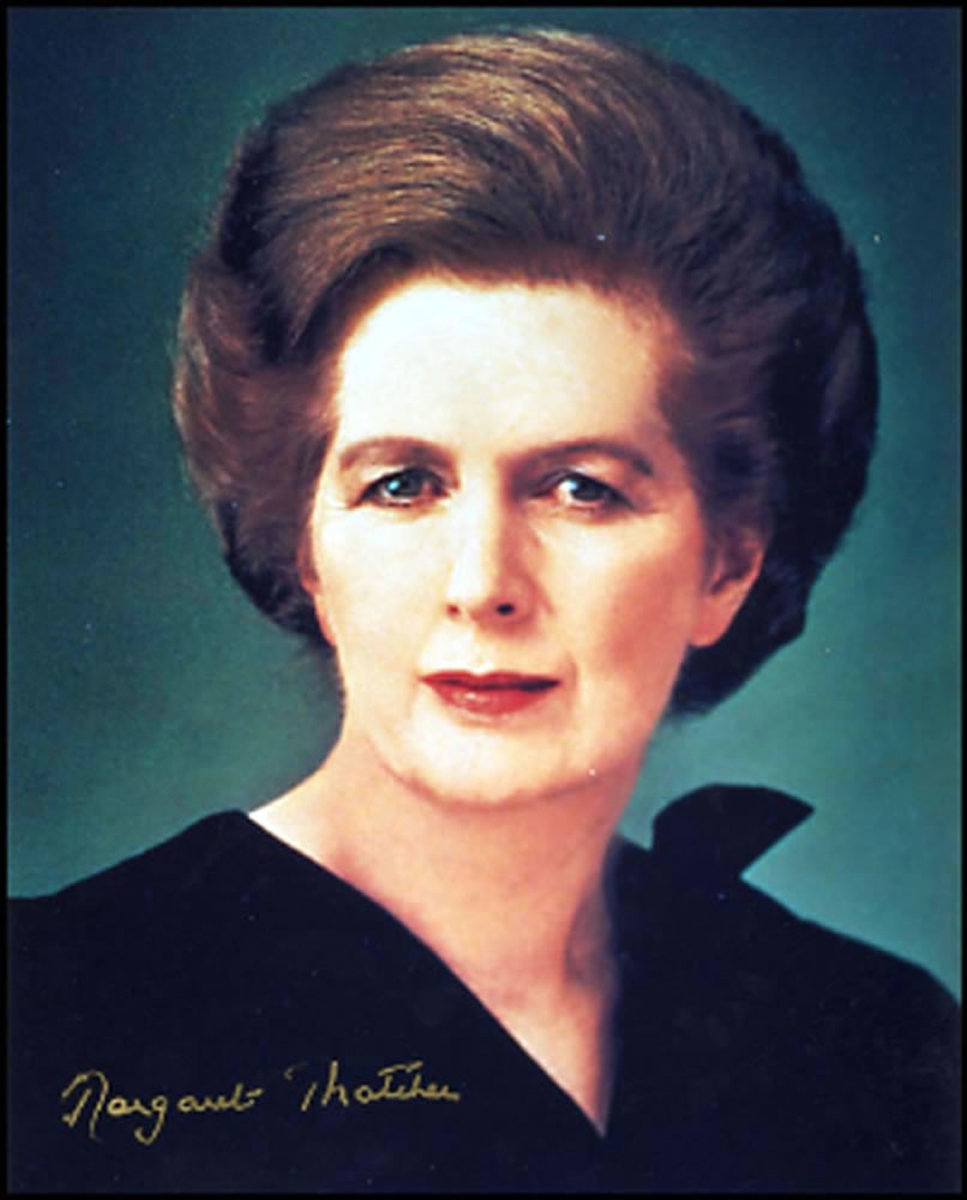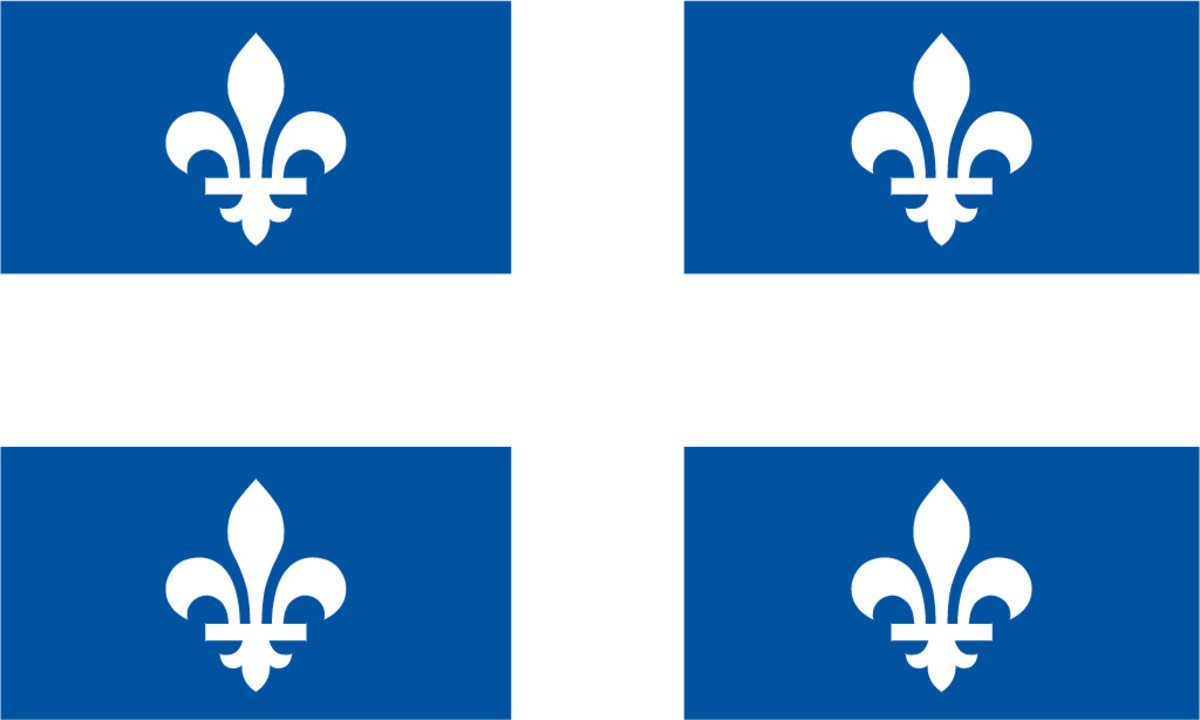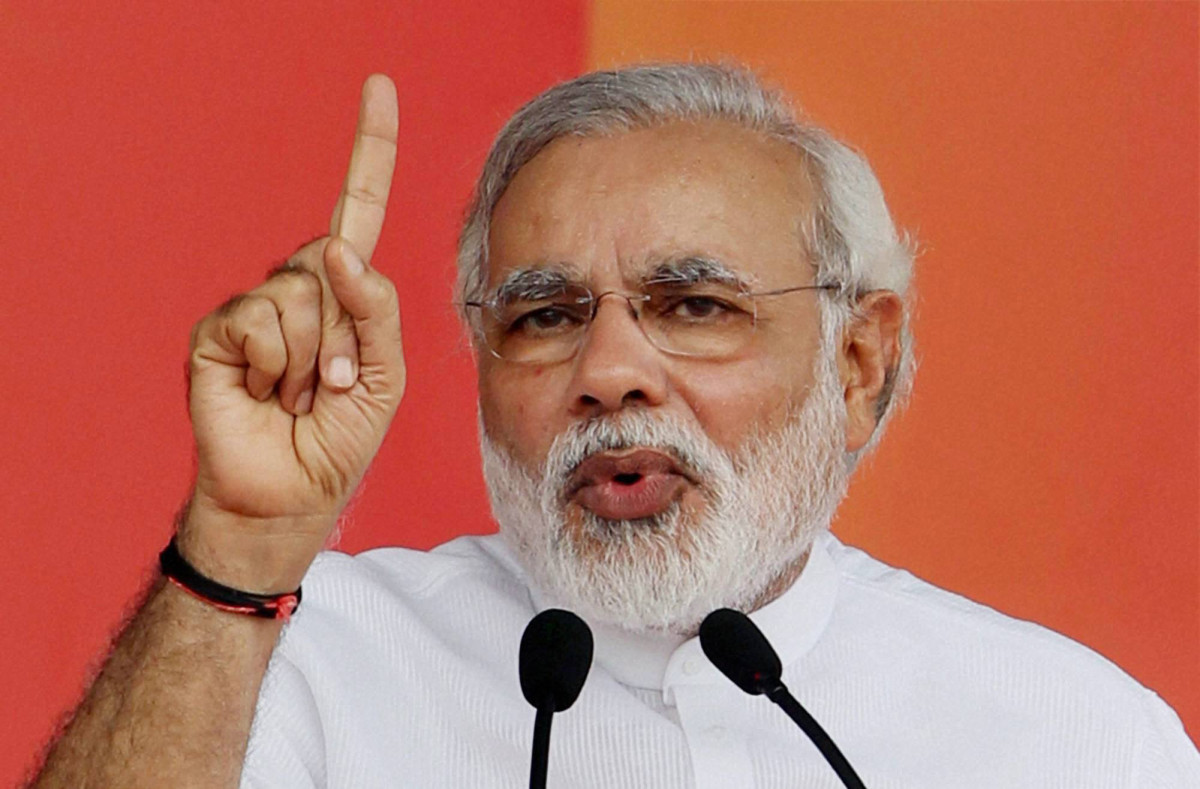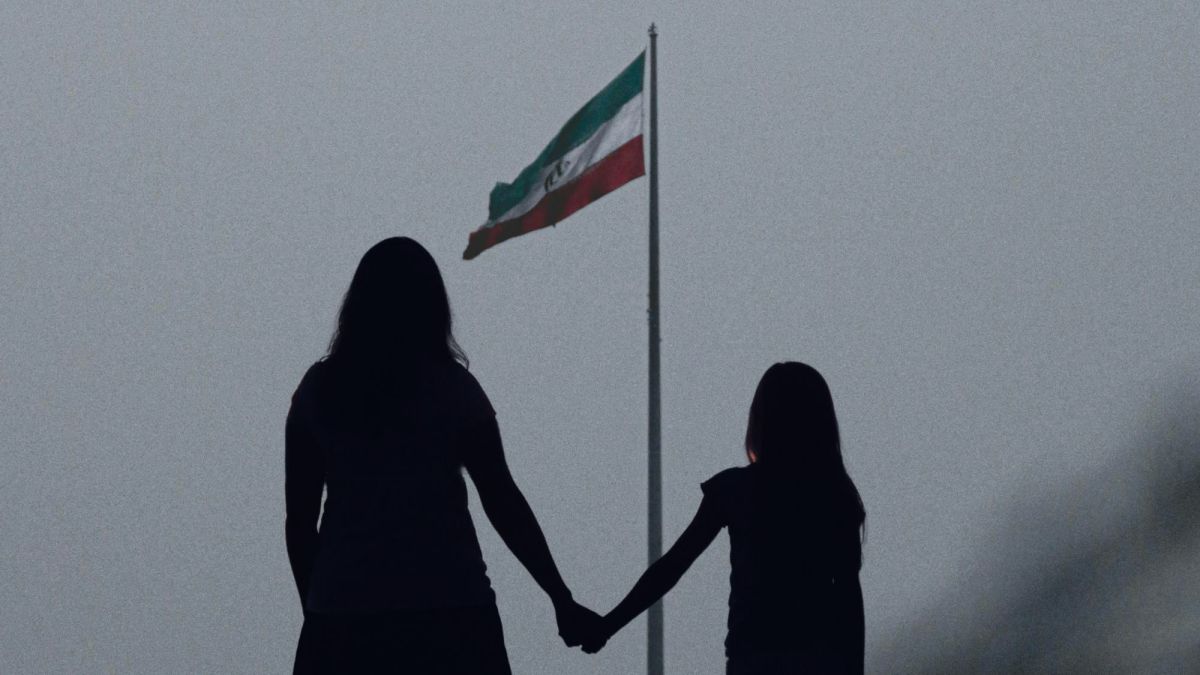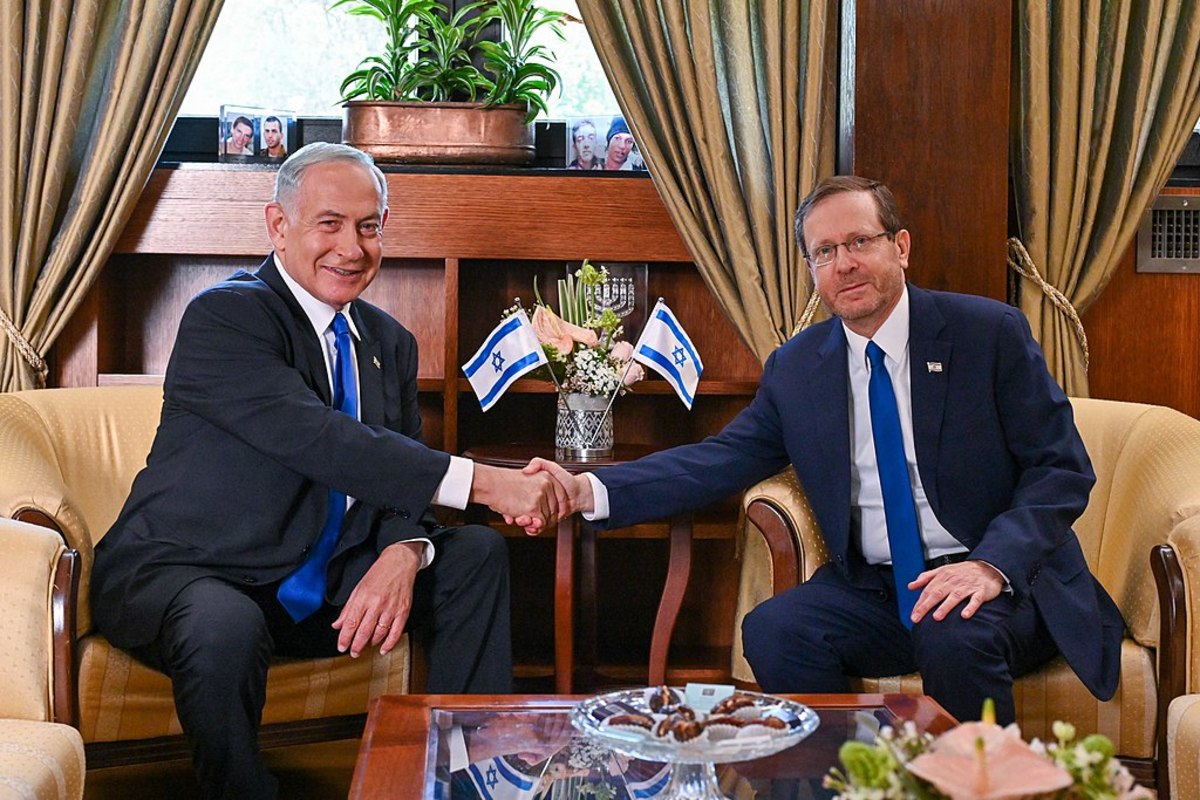Why Washington Takes Hariri out of the Race?
A day after he agreed with President Nabih Berri on a road map assigned to the prime minister, Saad Hariri backed away from the agreement. In a further step in the U.S. move aimed at overturning the results of the parliamentary elections, which began with the resignation of the ministers of the forces from the government. Hariri was expected to be named to head the government after the consultations today, but his retreat prompted the March 8 Alliance - Free Patriotic Movement to nominate former Minister Hassan Diab.
The American scenario is no longer a secret. Yesterday, the United States made it public. The coup d'état, which began with the resignation of The Lebanese Forces Party ministers, the easiest and most committed tool to U.S.-Saudi orders, was followed by the sudden resignation of Prime Minister Saad Hariri to paralyze the country and its institutions, and continued with Hariri's burning by stripping him of his voice. Al-Fari and forcing him not to run again for the presidency of the government. The coincidence here is that the outgoing prime minister had been free over the past month to burn every other candidate with the help of dar al-Ifta, and as he completed his mission to the Americans, they also burned his fortunes. It is also no secret that the United States, with its current behavior, is pushing for internal confrontation and chaos, and is struggling to change the Lebanese political landscape and overturn the results of the parliamentary elections on which the political forces have determined and their sizes and the government was formed accordingly.
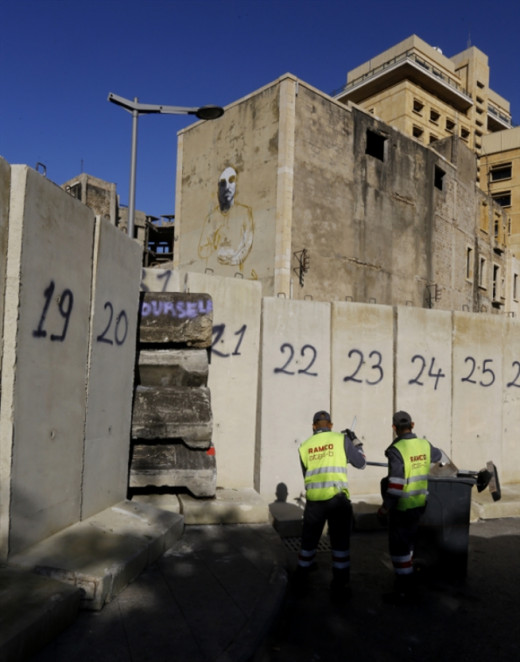
The most dangerous line of tension in the country is the line of Sunni-Shiite tension, so Hezbollah and Amal movement, according to officials on March 8, sought from the moment of Hariri's resignation to stick to the understanding with the latter, for no reason other than because he is the most representative of the Sunni community and the determined attempts to reach him or with whom he calls only. To protect the country from sectarian strife planned by Lebanon's enemies, Hariri's name was "burned" yesterday and he was forced to step down as U.S. targets to prevent any coordination between the two parties, which are more representative of the Sunni and Shiite communities.
The U.S. decision is not new, but U.S. Secretary of State Mike Pompeo announced it by asking the Lebanese people to reject Hezbollah's existence. It became more apparent yesterday. The day before, Hariri visited Ain Al-Tineh, where he assured Speaker Nabih Berri that he was "walking" with the option of prime minister. Berri met "halfway through" the proposal of a government of 18 ministers, 14 technocrats and four political parties, according to sources familiar with the visit. The agreement required Hariri to make an effort towards President Michel Aoun and the Lebanese forces, in order to get their votes for the nomination, in parallel with Berri's attempt to secure about 60 votes for Hariri, by convincing the Tashnak and Syrian social nationalist parties and MP Elie Farsali and others to vote For his own good... The two presidents were in agreement, but the outgoing prime minister informed Finance Minister Ali Hassan Khalil and Hajj Hussein al-Khalil yesterday of his decision not to run for prime minister, about half an hour before his statement was issued. When Asked to name a candidate by Hariri, he replied: "The story is yours. You solved the problem."
The March 8 forces and the Free Patriotic Movement have information that Americans are pushing for the nomination of former ambassador Nawaf Salam to head the government. The Lebanese forces, who moved from supporting Hariri to refusing to name anyone, sought to persuade Hariri himself to vote for a peace that is impossible to accept from the March 8-Free Patriotic Movement alliance. In the face of these facts, the Alliance decided to proceed with alternative options. The name of former minister Hassan Diab was one of those options. He was received by the President of the Republic yesterday. After consultation between the allies yesterday, he returned and received him again, confirming Diab's readiness to accept the mandate, "if this will reduce tension in the country."
If there are no morning surprises, Diab will cost the government a majority, possibly up to about 70 deputies. Is this an option exclusively to thwart the name of Nawaf Salam, and to give Hariri an additional opportunity to escape U.S. pressure and accept a "partnership government"? March 8 sources deny this, asserting that Diab's choice is serious, and his goal is "to not make things happen in the country." The sources relied on diab's refusal by Hariri, whose sources suggested that he should not name anyone in the consultations today.
Hariri's Announcement
Hariri announced in a statement that "since his resignation he has sought to meet the people's demand for the formation of a government of specialists", but "the positions that have emerged in the past days on the issue of my nomination are irreplaceable, I declare that I will not be a candidate to form the next government." He announced his call for the future bloc to meet this morning to determine its position on the issue of naming, and direct him "to participate in parliamentary consultations on this basis, with my insistence not to postpone it under any pretext whatsoever." The last sentence angered President Michel Aoun and the Free Patriotic Movement, and the advisor to President Salim Grisati responded in a tweet to Hariri by saying: "It is not up to you to insist on consulting and not to postpone it whatever the pretext, because this jurisdiction, according to the constitution, is exclusively for the president The Republic, and you always complain of an alleged abuse of the powers of the prime minister." In turn, the media office of the president of the Free Patriotic Movement Gibran Bassil issued a statement criticizing the "discretionary" Hariri in dealing with parliamentary consultations as happened earlier through his request to postpone or impose its conduct as he wants "in what is the exclusive authority of the President of the Republic to use according to his credit on the interest Public and constitution." On the other hand, Bassil praised "the responsible position taken by Saad Hariri and that he is going to the binding parliamentary consultations". "A positive step that we hope to complete by proposing from its charter site a credible and able person to work on it and understand with it about forming a government, which enjoys the trust of the people and the support of balanced parliamentary blocs as well as the trust of the Arab and international communities", he said.
On another line, Stryda Geagea's statement provoked the zeathing of the future movement. After noting Hariri's national position after what we heard from him, he said he refused to take over a non-specialist government, commenting on those who say that the forces "were not loyal", saying: "I called the president's state on Sunday night - Monday to tell him that the strong republican bloc will not name him". Geagea continued that the decision of the forces led "to postpone the consultations and the withdrawal of Hariri later from accepting the mandate, which also led to the maintenance of the national political line led by him." The latter's words called for a response from Minister Ghattas Khoury, in which he considered that Geagea "did not read Hariri's statement, especially saying that his decision resulted from the positions that emerged in the last few days from the issue of naming him, although he proved his firm commitment to the government of specialists." Those close to Hariri commented on Geagea's words by saying, "God bless the evil of my friends, but my enemies, I will sponsor them."


